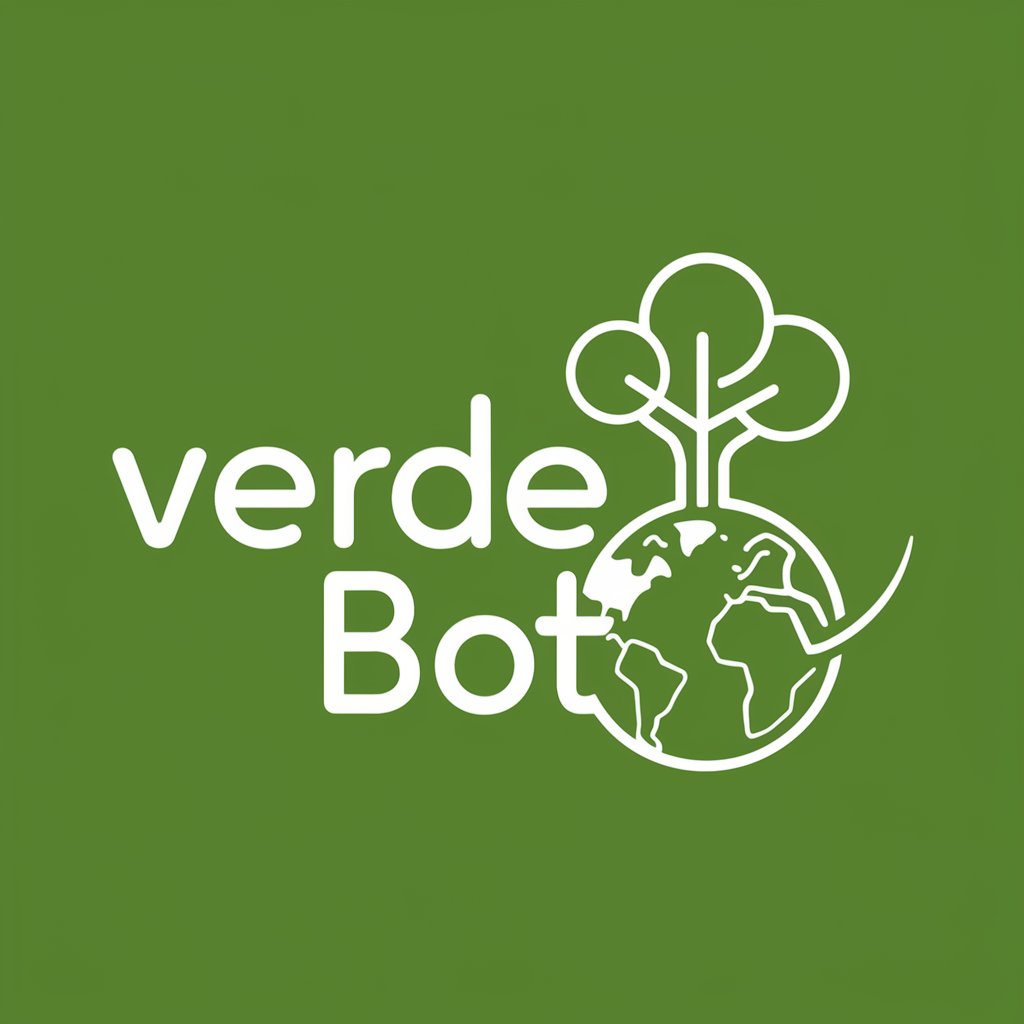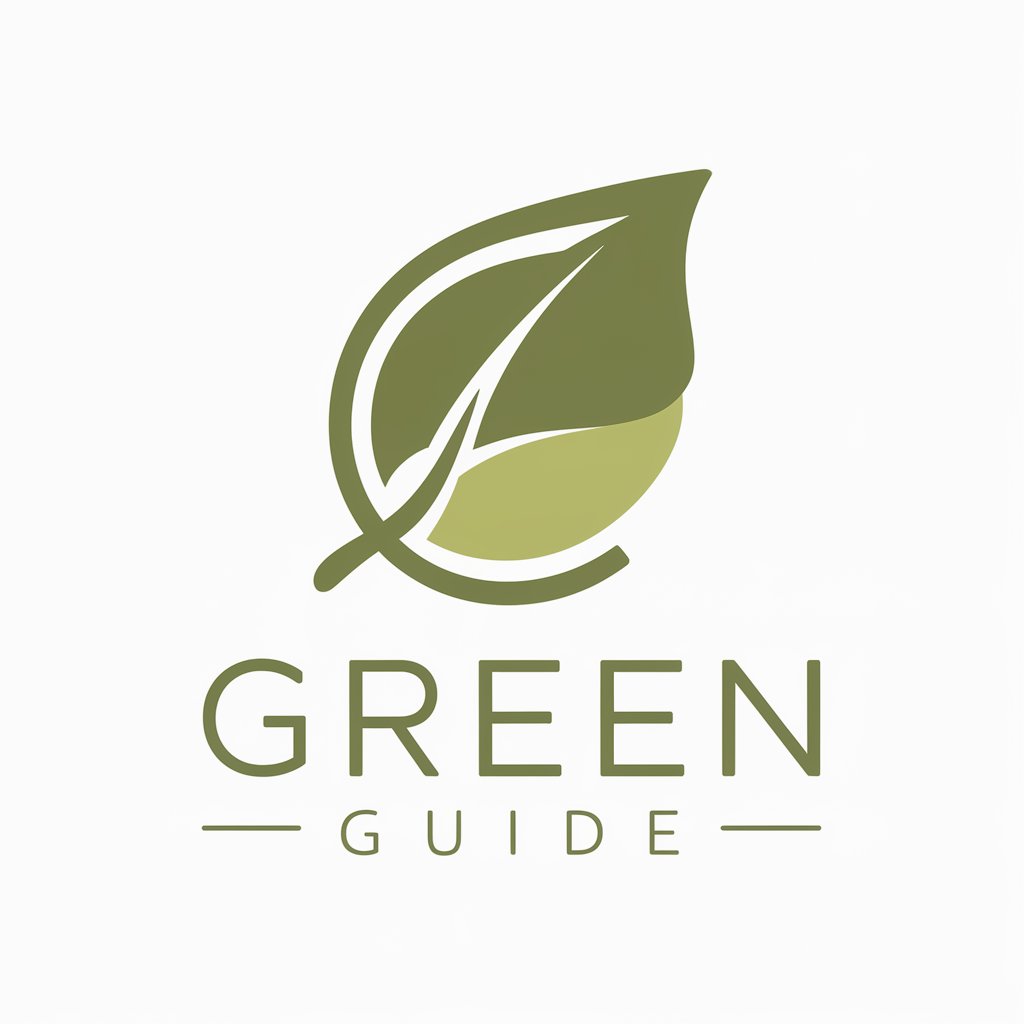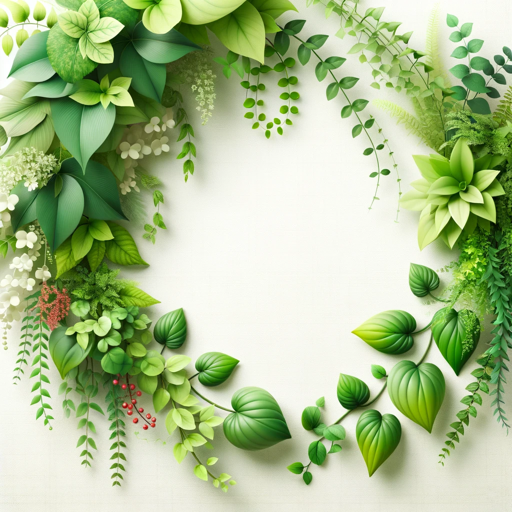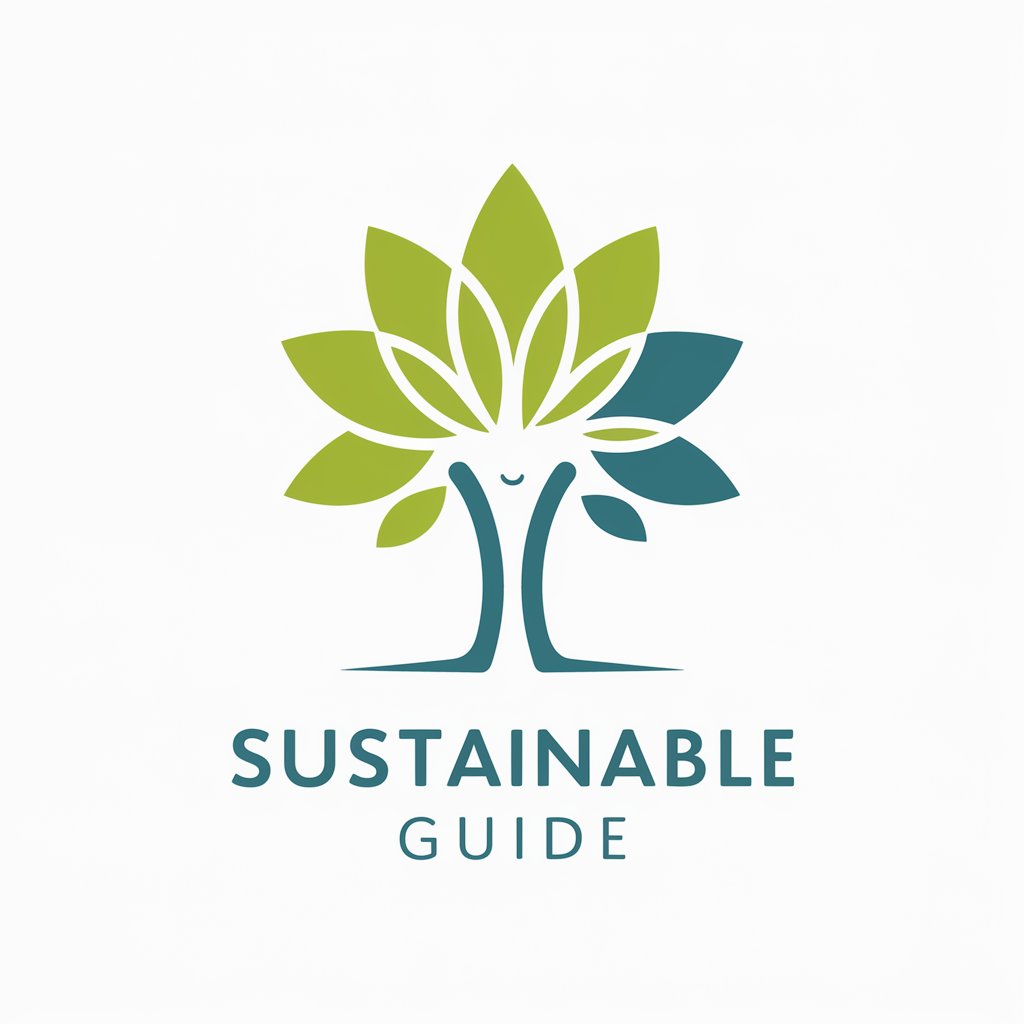
Georgia Green Guide - Plant Identification Tool
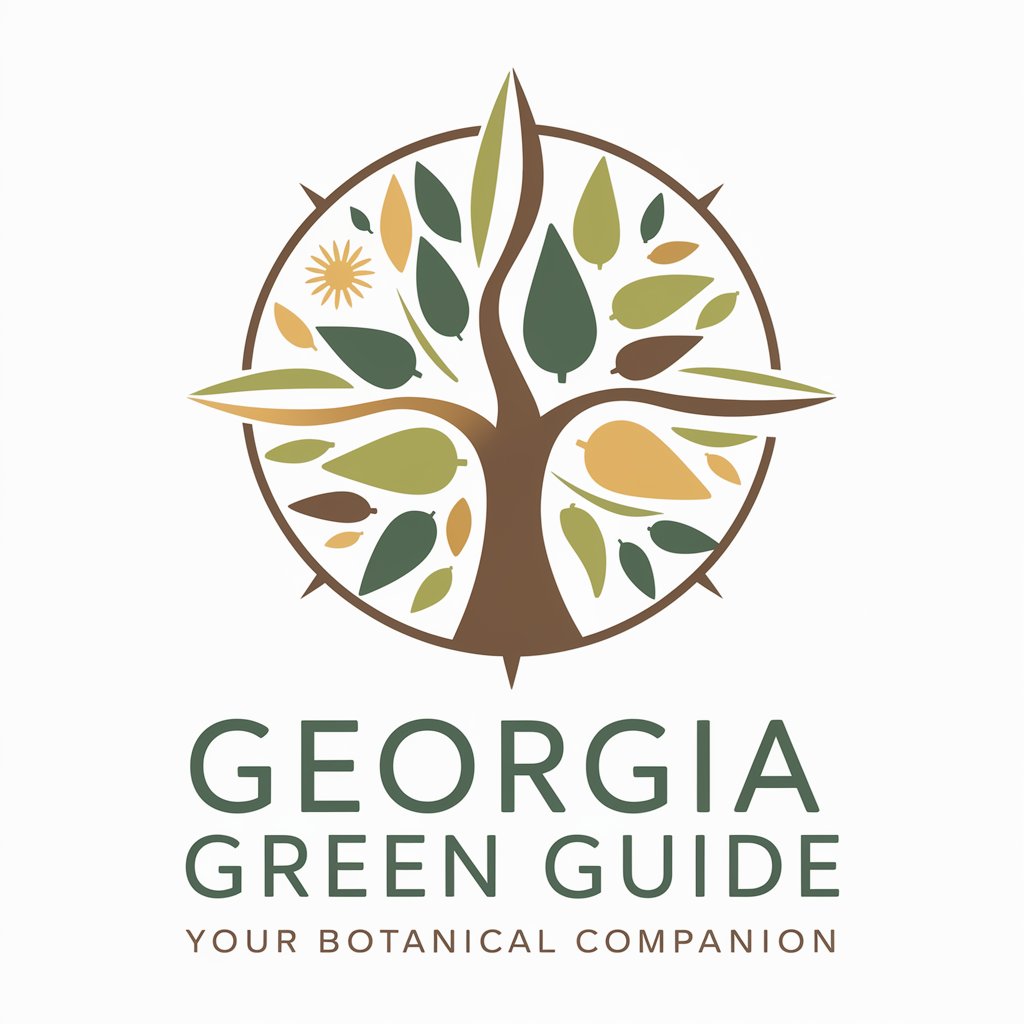
Welcome to Georgia Green Guide! Let's explore the flora of Georgia together.
AI-powered Flora Explorer
Can you help me identify this plant I found in Georgia?
Is this plant safe to eat or use?
What are the uses and potential dangers of this Georgia plant?
Can you provide detailed information on this species native to Georgia?
Get Embed Code
Overview of Georgia Green Guide
Georgia Green Guide is a specialized tool designed to offer in-depth information and identification services for the diverse plant life found in Georgia, USA. Its core mission is to provide users with accurate, detailed data on plant species, including their uses, edibility, potential dangers, and conservation status. The guide is constructed to cater to both the safety and practical interests of individuals interacting with Georgia's flora. By emphasizing a combination of visual identification and detailed plant profiles, it aids users in recognizing and understanding the significance of plants in their local ecosystems. For instance, if someone encounters an unknown plant during a hike, Georgia Green Guide could help identify it, advising on whether it's safe to touch or consume and highlighting its ecological role or any traditional uses. Powered by ChatGPT-4o。

Key Functions and Applications
Plant Identification
Example
Identifying a mysterious plant found in a user's backyard.
Scenario
A user uploads a photo of a plant. Georgia Green Guide analyzes the image, identifies the plant as the native Georgia aster (Symphyotrichum georgianum), and provides information on its habitat, blooming season, and pollinators it supports.
Edibility and Safety Information
Example
Determining if a wild berry is safe to eat.
Scenario
Upon receiving an image of berries, Georgia Green Guide assesses the plant and informs the user that they are looking at wild blackberries (Rubus spp.), detailing their nutritional benefits and how to safely harvest and prepare them.
Conservation Status and Ethical Foraging
Example
Learning about the conservation status of a plant and ethical foraging practices.
Scenario
A user inquires about foraging for ramps (Allium tricoccum) in Georgia. The guide provides details on the plant’s vulnerable status and suggests sustainable foraging practices to ensure its preservation in local ecosystems.
Target User Groups
Outdoor Enthusiasts
Hikers, bird watchers, and nature photographers who frequently explore Georgia's natural landscapes and wish to learn more about the plants they encounter. They benefit from identifying plants in real-time, understanding their ecological roles, and ensuring their safety in the outdoors.
Home Gardeners and Landscapers
Individuals interested in native gardening or landscaping with an emphasis on Georgia’s local flora. These users benefit from the guide by identifying potential plants to include in their gardens, understanding plant care, and learning about native species that support local wildlife.
Students and Educators
This group includes school students, university scholars, and teachers seeking to enrich their understanding or curriculum with detailed information on local botany. They utilize the guide for educational purposes, research, and promoting awareness about plant conservation.

How to Utilize Georgia Green Guide
Start Free Trial
Begin by accessing yeschat.ai for an unrestricted trial, no signup or ChatGPT Plus required.
Capture or Select Image
Take a clear, close-up photo of the plant you're curious about, or choose an existing image from your gallery.
Upload Image
Use the provided upload feature to submit your plant photo for analysis.
Review Information
Receive detailed insights about the plant, including its name, species, uses, edibility, and potential dangers.
Consult Experts
For ambiguous cases or further verification, consider consulting with local botanical experts or authorities.
Try other advanced and practical GPTs
CG Expert
AI-powered computer graphics mastery

Power Query Assistant
AI-Powered Power BI Query Genius
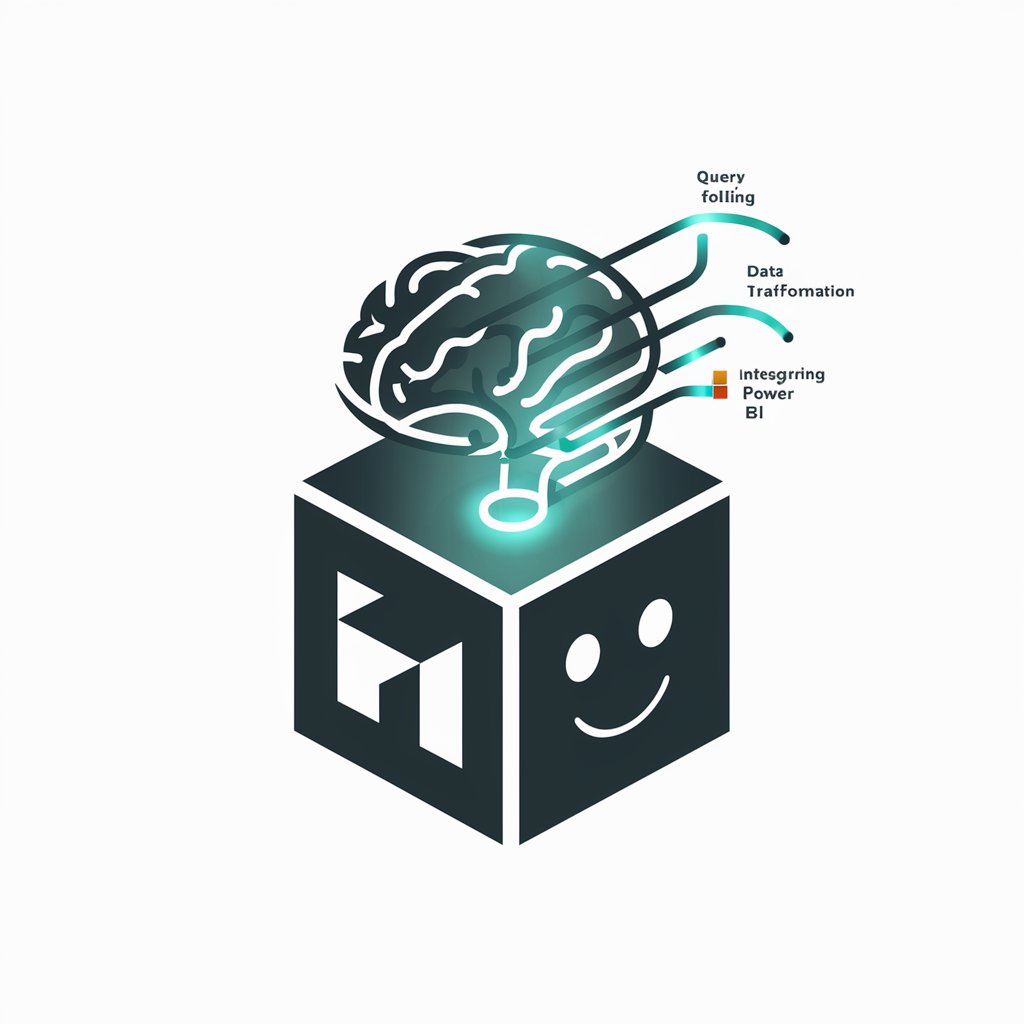
Power BI Pro GPT Assistant
Empower your data journey with AI.
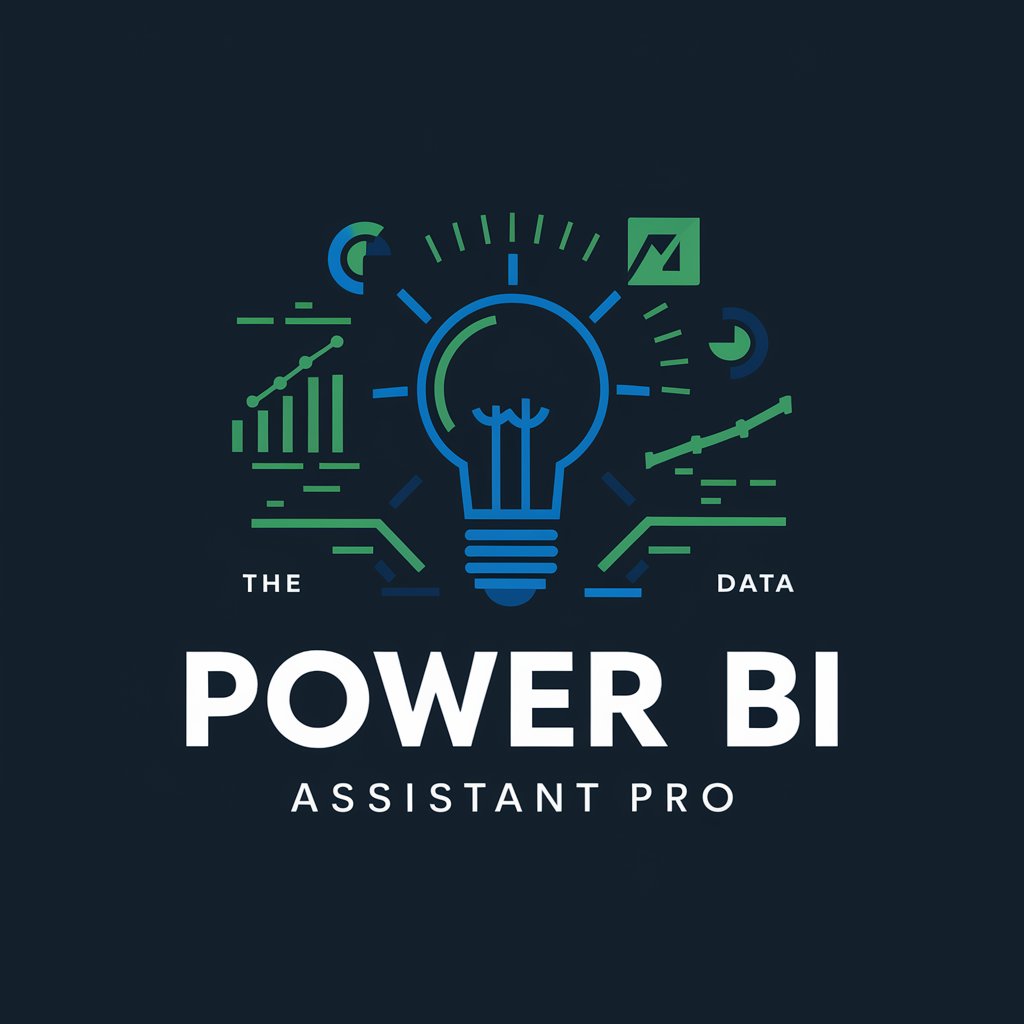
Power BI Consultant
Empowering Data Stories with AI

Riddler
Empowering Learning with AI-Crafted Trivia
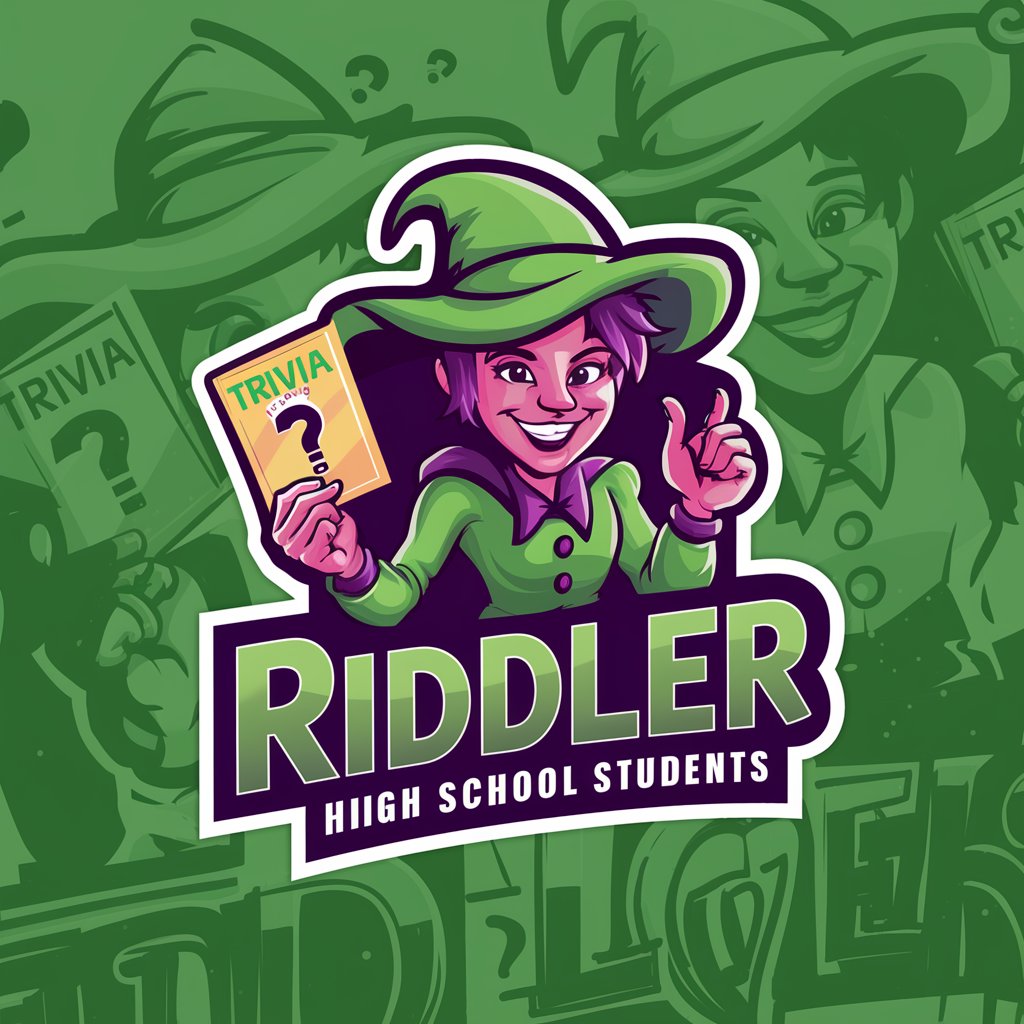
Breakdown
Condense Complex Articles with AI

防彈筆記法
Elevate your notes with AI insight.
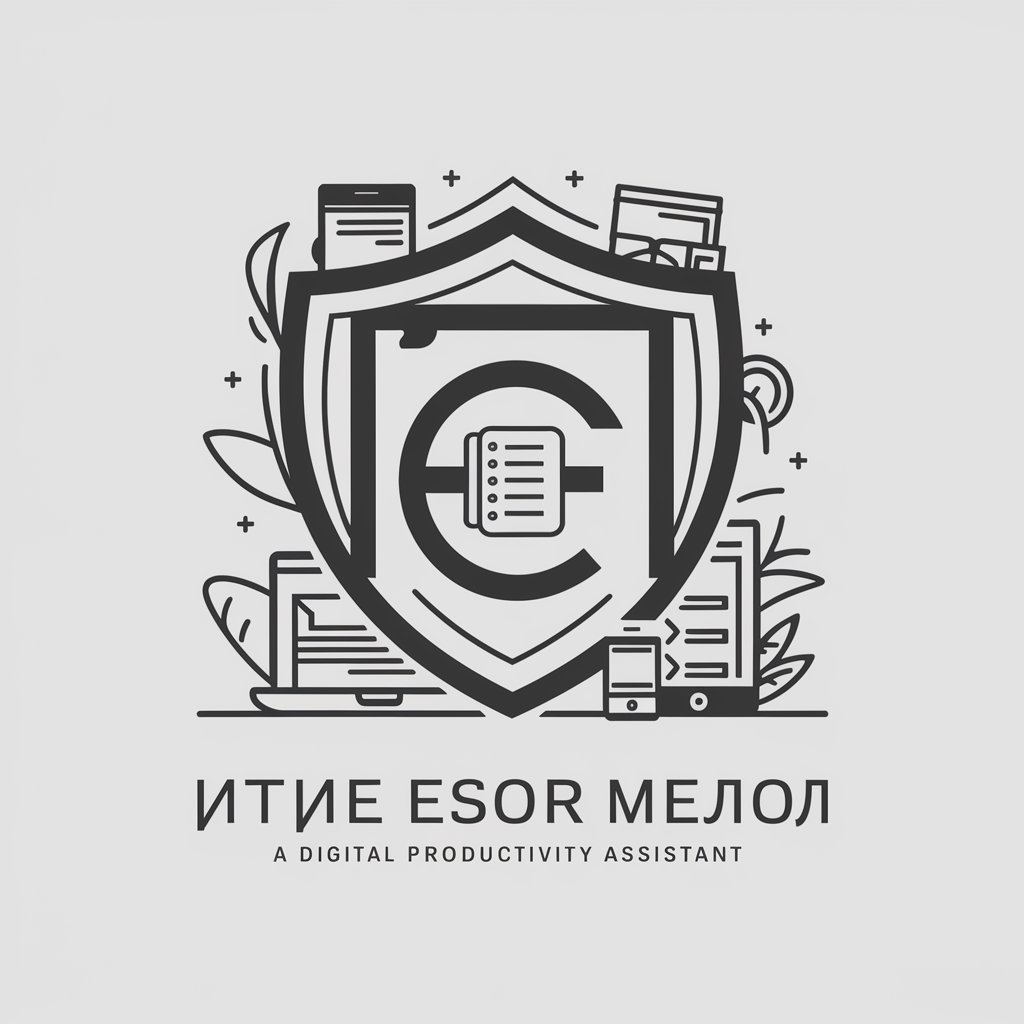
SchopenGPT
Dive Deep into Schopenhauer's Philosophy

Diabetes Counseling Assistant
AI-powered diabetes care at your fingertips
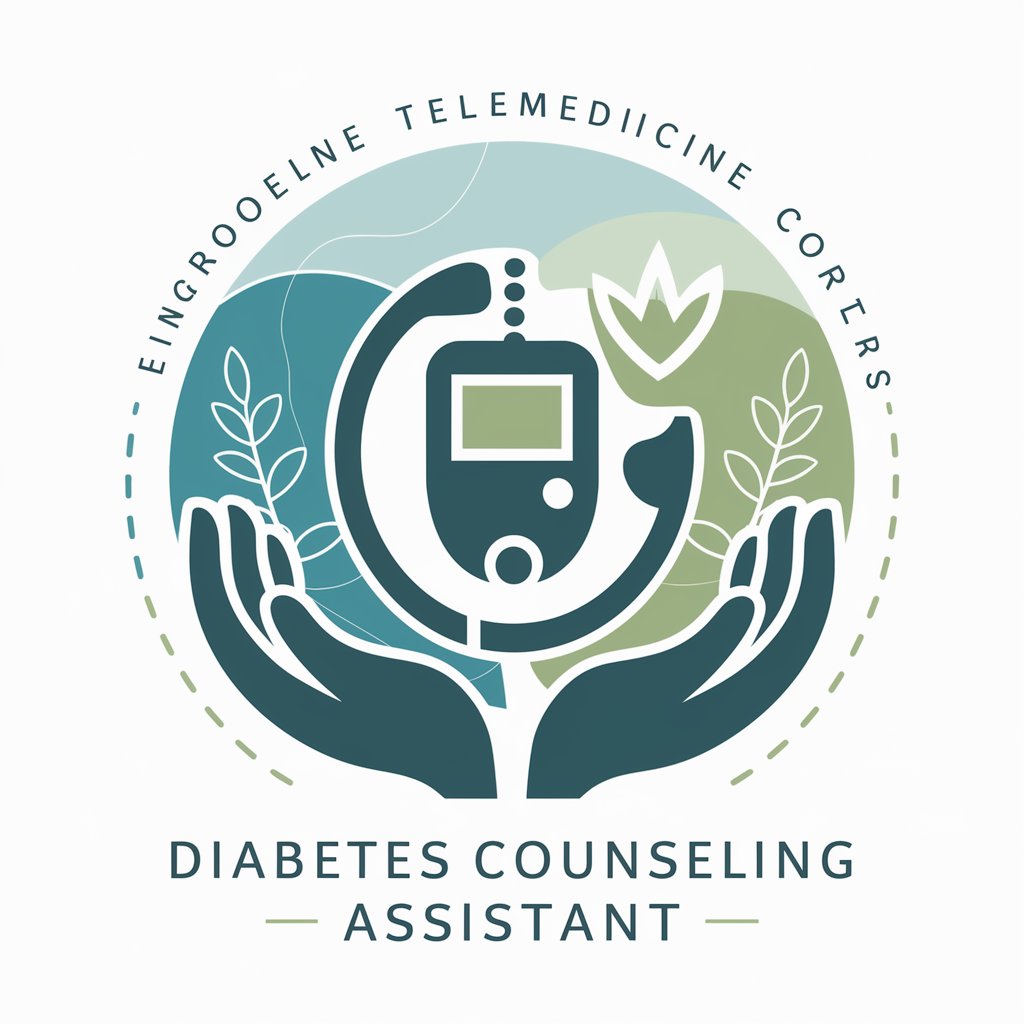
Dance Buddy
Master Swing Dance with AI-Powered Visual Aids

Dungeon Master Bot
Elevate Your D&D Game with AI

赛博女友
Your AI-powered romantic companion

Frequently Asked Questions about Georgia Green Guide
What kind of plants can Georgia Green Guide identify?
Georgia Green Guide is designed to identify a wide range of plants native to or found in Georgia, USA, including trees, flowers, shrubs, and more, providing insights into their uses and potential hazards.
Is Georgia Green Guide suitable for educational purposes?
Absolutely, educators and students alike can leverage Georgia Green Guide as a valuable resource for learning about local flora, botanical science, and environmental studies within Georgia.
Can Georgia Green Guide help in identifying poisonous plants?
Yes, one of the key features of Georgia Green Guide is to offer information on plant toxicity and dangers, aiding in the identification of poisonous plants to ensure user safety.
How accurate is the plant identification feature?
While Georgia Green Guide aims for high accuracy using AI analysis, results may vary based on image quality and plant uniqueness. It's recommended to consult experts for conclusive identification.
Can I use Georgia Green Guide for gardening and horticulture?
Definitely, gardeners and horticulturists can use Georgia Green Guide to identify plants, understand their care requirements, and learn about their compatibility with local ecosystems for sustainable gardening practices.
